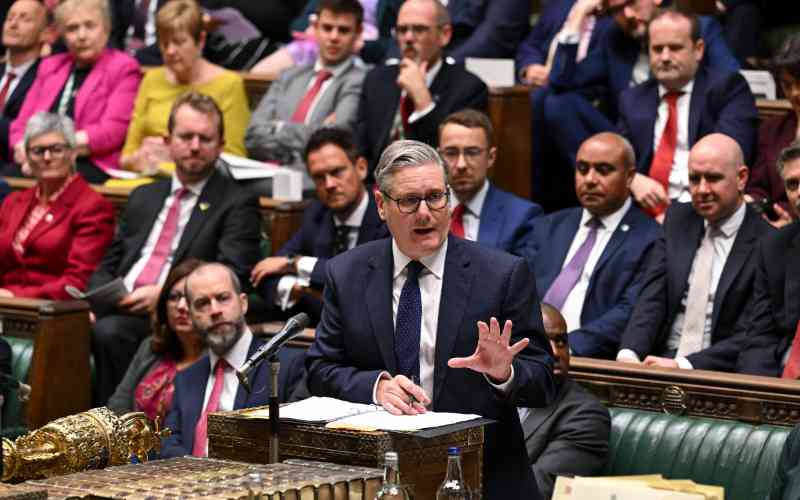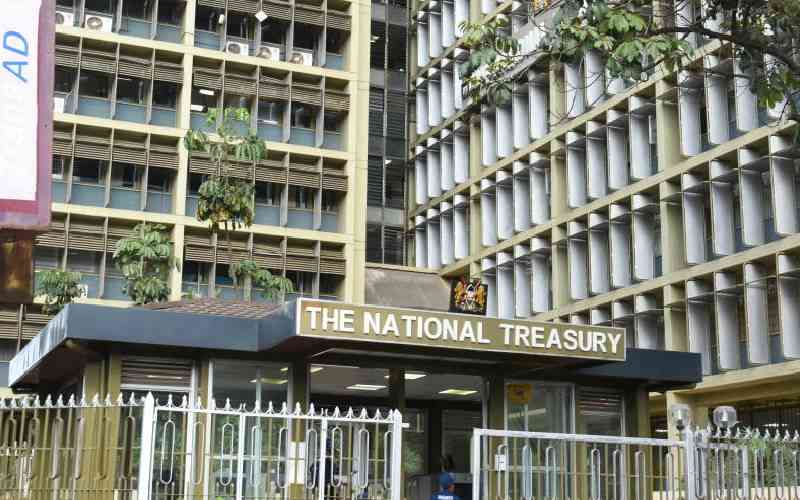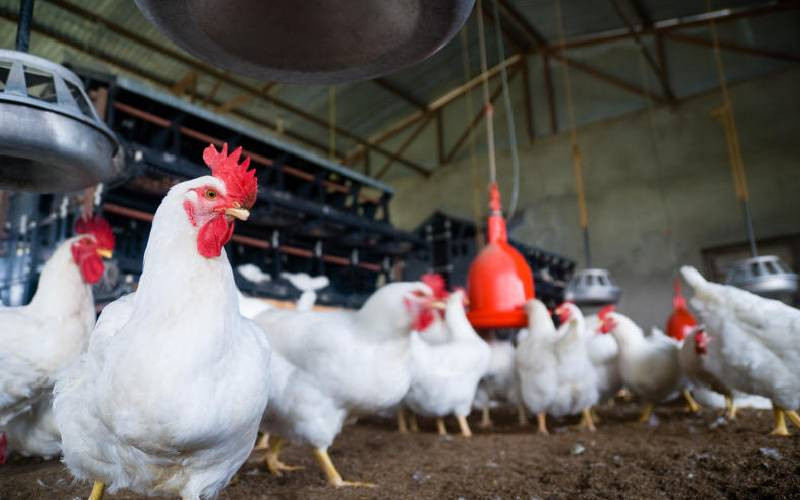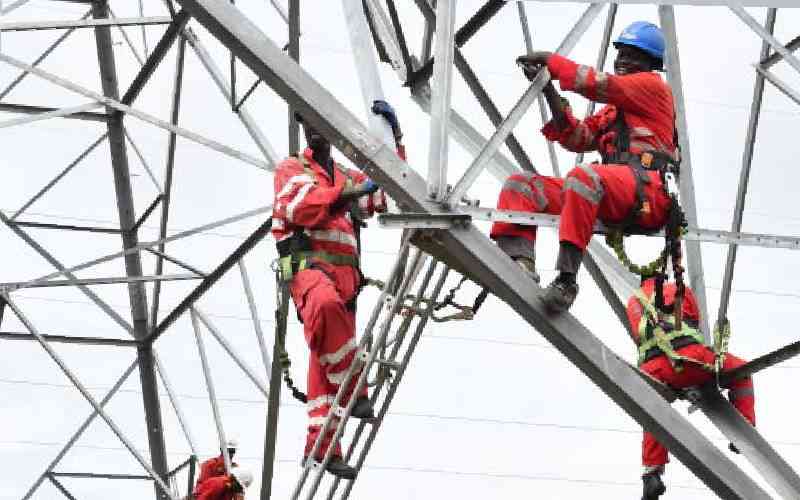
A UK inquiry into the sexual abuse of teenage girls by so-called grooming gangs was in turmoil Thursday after several survivors said they would only take part if a government minister quit.
Thousands of mostly white, working-class girls and women are believed to have been raped over several decades in a number of English towns by mostly men of South Asian origin.
Official reports have blamed authorities for failing to intervene for fear of being seen as racist, while far-right figures have used the scandal as a rallying cry against multiculturalism and immigration.
Prime Minister Keir Starmer initially resisted a national probe before finally announcing one in June following weeks of pressure, including from US tech billionaire Elon Musk.
But difficulties getting it off the ground were laid bare earlier this week when it was revealed that two candidates had withdrawn from the running to chair the inquiry.
One, a police officer, cited a "lack of confidence" in him among some survivors "due to my previous occupation", while the other drop-out had a background in social work.
Then on Wednesday night, four women who resigned from the inquiry's victims' liaison panel said they would be prepared to return if Labour MP Jess Phillips stepped down as safeguarding minister.
In a letter to interior minister Shabana Mahmood, they accused Phillips of "betrayal" after she denied allegations that the probe could be diluted to downplay racial and religious elements.
Starmer has publicly backed Phillips, who has a long history of supporting victims of sexual violence, including when she worked for the charity Women's Aid before becoming a lawmaker.
Starmer insisted in parliament on Wednesday that the inquiry "will never be watered down".
"It will examine the ethnicity and religion of the offenders, and we will find the right person to chair the inquiry," he said.
His government has so far resisted calls to appoint a former or sitting judge to lead the probe, saying doing so would delay the inquiry's conclusions.
A report written by parliamentarian Louise Casey and published earlier this year found that gangs would frequently target vulnerable adolescents, often those in care or with learning or physical disabilities.
She concluded that institutions failed victims, often blaming them for their own abuse, and that authorities often shied away from discussion of "ethnicity or cultural factors".
The row is the latest to rock Starmer's government, coming a week after a furore over a collapsed China spying case, as poll suggest he is struggling to convince Britons he can change the country for the better.
Stay informed. Subscribe to our newsletter







